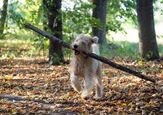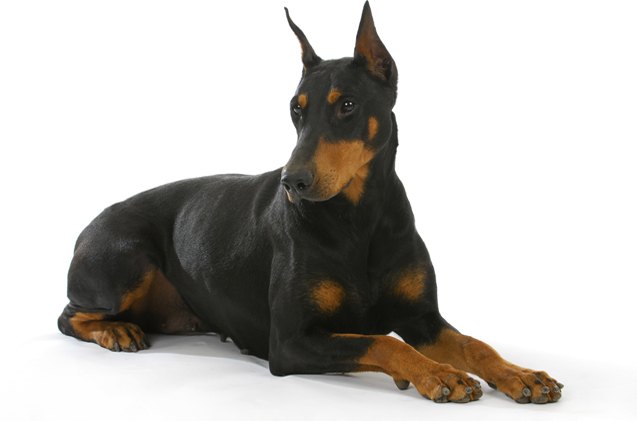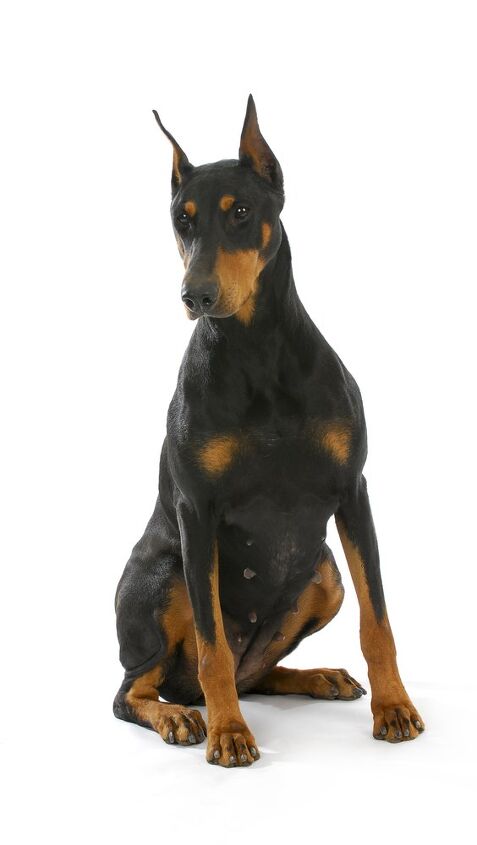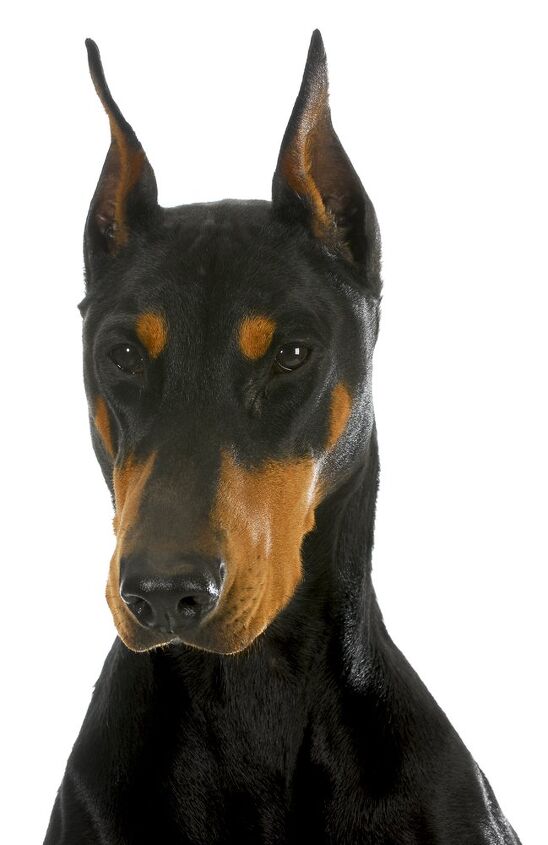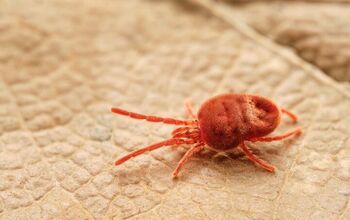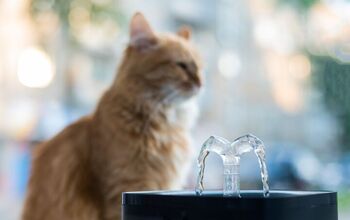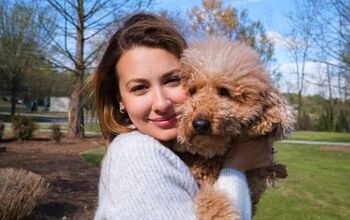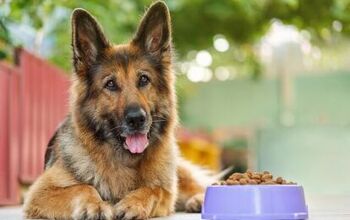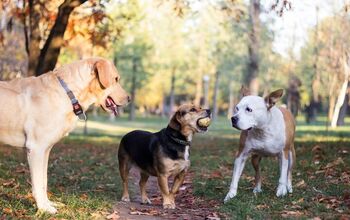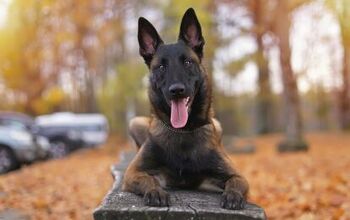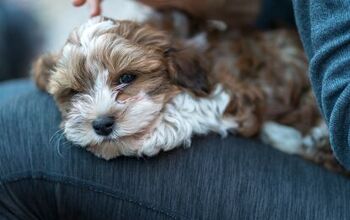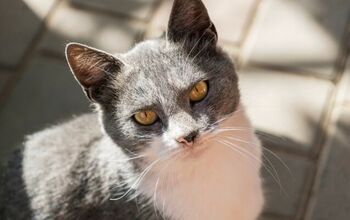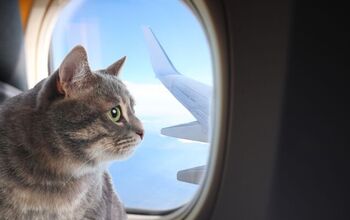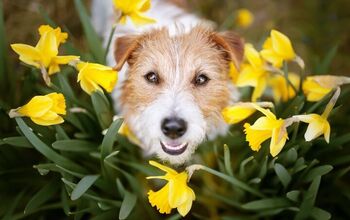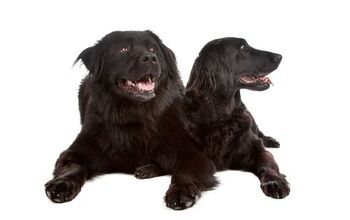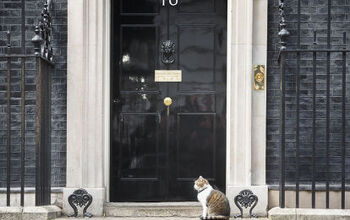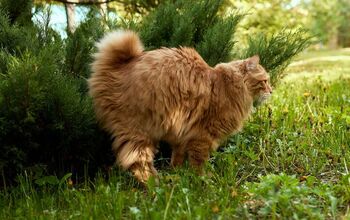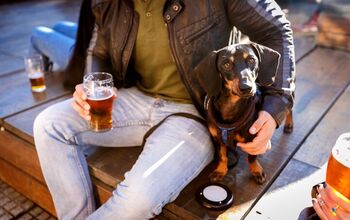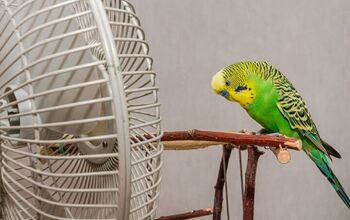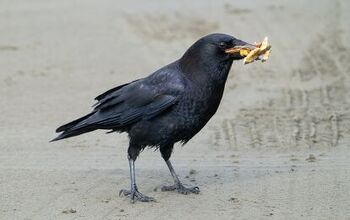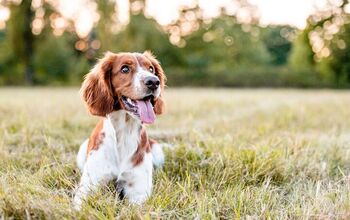Doberman Pinscher


About Doberman Pinscher
Come across a Doberman Pinscher in a dark alley and you can have a frightening experience indeed, particularly if you are afraid of dogs in the first place. But when we think of all the so-called “meaner” breeds of dogs, do we really mean they always make bad pets? Well, they can – if you don’t know what you’re doing in your dog selection efforts. You might be surprised to find out how appropriate a Doberman Pinscher can make as a pet as well as the quality of the companionship and loyalty they offer once you’ve formed a bond with them.
But you might say, “I don’t want to form a bond with a Doberman Pinscher.” Well, that’s your loss. The Doberman Pinscher does indeed serve as a first-rate guard dog that will repel just about any unwanted visitor, but what’s also important is the day-to-day life you enjoy with your pet. And if you are thinking about acquiring a Doberman Pinscher as a pet, this article will help put this scary-looking and tough breed in its proper context. In other words, we’ll bring the Doberman Pinscher out of the dark alley and back into the welcoming and familiar setting that comprises your home. Let’s take a closer look at this strong breed of dog.
Doberman Pinschers are famous as guard dogs, of course, and are highly responsive to training.
In the United States, these dogs can simply be known as Dobermans, but the Doberman and the Doberman Pinscher aren’t two different types of dog – they’re just two names for the same breed. And where did this breed come from?
Like some other tough breeds such as the German Shepherd, the Doberman Pinscher comes from Germany and has its closest roots tied to 19th-century life. The Doberman was named for a man called Louis Dobermann who originally bred the animals. And what was Dobermann’s profession? Tax collecting… that’s all you need to know about his need for protection.
Since he had access to a number of dog breeds, Dobermann set about breeding a dog that would make a loyal companion and excellent guardian. It’s no surprise that this deliberate breeding led to the quality dog we now know as the Doberman Pinscher. Its guardian instincts and loyal companionship remain well in tact here in the 21st century and it’s not a surprise that the Doberman Pinscher has become one of the most popular and recognizable breeds across the world.
Since the early Doberman Pinschers arose out of Dobermann’s breeding at his local German dog pound, the Pinschers have a highly varied pedigree. They came from ancestors like the Rottweiler, the German Pinscher, the Manchester Terrier – and that’s just a quick sampling of its unique ancestry. Today Doberman Pinschers are known as a very unique and easy-to-identify breed, a curious irony considering their strange heritage.
Doberman Pinschers are, of course, avid meat-eaters, but that’s no reason you should toss them a piece of meat every once in a while and expect them to maintain a healthy diet on its own. Making sure that you give your Doberman Pinscher a healthy diet means giving it a proper amount of food for its weight and mix in meat with nutrient-rich foods such as dog chow and vegetables.
The Doberman Pinscher has become more domesticated, intelligent, and has become better-suited for normal home life.
Doberman Pinschers are famous as guard dogs, of course, and are highly responsive to training and nearly perfectly obedient once trained. But they do have to be handled properly. If you’re new to the world of training dogs, a breed like the Doberman Pinscher is not the breed you want to cut your teeth on – you’d want a more tame and obedient dog like a Golden or Labrador Retriever. Because Doberman Pinschers are more aggressive, you’ll want a good amount of dog training experience before getting a Doberman of your own.
Larger dogs, the Doberman Pinscher can weigh up to 100 pounds in males and 90 pounds in females, though it’s common to have Doberman Pinschers well under these weights. Typically, a Doberman should weigh over 75 pounds for males and over 65 pounds for females, with 90-100 pounds as the upper limit.
You can’t talk about Doberman Pinschers without talking about their unique and aggressive temperament. But is that a stereotype? Well, a quick look at the pedigree of Doberman Pinschers will tell you that they were indeed bred to be guard dogs with an aggressive streak, but in recent years, the Doberman Pinscher has become a little more domesticated, intelligent, and has become better-suited for normal home life.
We also can’t go without mentioning intelligence: Doberman Pinschers are recognized as one of the most intelligent dog breeds out there. If you think you’re getting a blindly aggressive animal in a Doberman Pinscher, you’d be wrong about this breed. They can work very well as house pets if properly trained and will grow into their expected roles because they’re good at picking up hints and training from their owners. A well-trained Doberman Pinscher can be an excellent guard dog and companion.
Doberman Pinschers are larger and have health problems that are often associated with dogs of a larger size. They also have issues with the genetic von Willebrand’s disease, a bleeding disorder that is now detectable. Like many large dogs, Doberman Pinschers have problems with hip dysplasia.
Additionally, dilated cardiomyopathy is a frequent cause of death for Doberman Pinschers and affects this breed more than any other breed.
Doberman Pinschers should be expected to live around 10-14 years.
Large but thin, Doberman Pinschers can take plenty of exercise and should certainly be exercised like every day to ensure not only proper weight, but a proper state of mind as well.
Doberman Pinschers are recognized as one of the most intelligent dog breeds out there.
The American Kennel Club states: “He is elegant in appearance and reflects great nobility and temperament. The properly bred and trained Doberman has proved itself to be a friend and guardian, and his intelligence and ability to absorb and retain training have brought him into demand as a police and war dog.”
A short, easy-to-maintain coat is definitely a plus in the world of Doberman Pinschers.
Doberman Pinscher puppies can be surprisingly cute considering their large eventual size. If you acquire a Doberman puppy, be sure you know what you’re doing in terms of dog training because you’ll have a full-grown adult before you know it.
Photo credit: WilleeCole/Shutterstock

Amy Tokic, Editor of PetGuide.com, is a passionate animal lover and proud pet parent of Oscar, a Shih Tzu/Chihuahua cross, and Zed, a Japanese Chin. Her love of animals began in kindergarten, when she brought her stuffed dog Snoopy into class with her every day. Now, she writes about her adventures in pet ownership and tirelessly researches products, news and health related issues she can share with other animal enthusiasts. In her free time, Amy loves perusing used book and record stores, obsessing over the latest pet products available and chasing squirrels with wild abandon (a habit attributed to spending too much time with her pooches).
More by Amy Tokic
